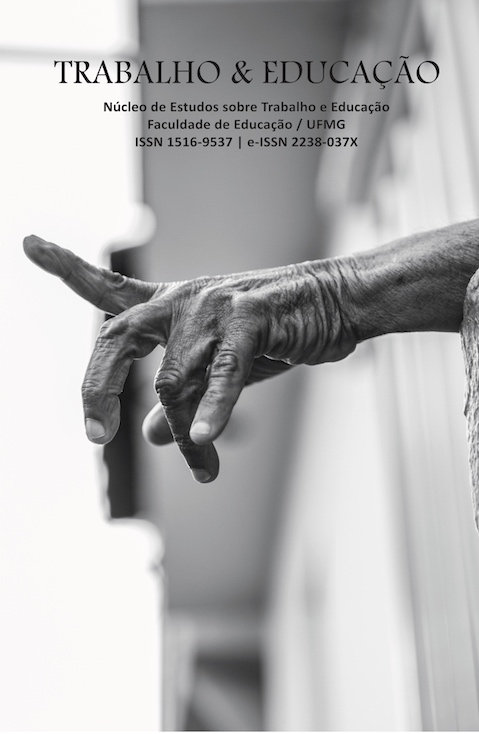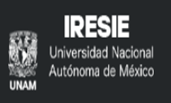A ESCOLA E O TRABALHO PARA MULHERES PRIVADAS DE LIBERDADE: (RE)SSOCIALIZAÇÃO E (RE)INSERÇÃO SOCIAL | The school and work for women deprived of freedom: (re)socialization and social reinstatement
Palavras-chave:
Educação, Gênero, Sistema Penitenciário, Education, Gender, Penitentiary systemResumo
This article is the result of the Dissertation in Education “Ethics of care x ethics of justice: the feminine look of students deprived of freedom”. The research that gave rise to this study, was qualitative and exploratory study, it was characterized as a case study and had as participants 10 women in situations of deprivation of liberty in the penal system of Paraná. For data collection, we used: the semi-structured questionnaire, the thematic roadmap for the focus group and a letter as literary style for a narrative. In the analysis of the data, a Content Analysis technique was used, in the specificity of Clinical Analysis and Nucleus of Meaning. In this article, presented as an ethics of justice it was unveiled from the analysis Inter-nucleus. The survey results highlight the need to address as a human right the gender specificities, in care and in justice, applied to the female prison and education is seen as an essential way to respect the dignity of women deprived of their liberty.
___
Este artigo é resultante da dissertação de Mestrado em Educação Ética do cuidado x ética da justiça: o olhar feminino de estudantes privadas de liberdade. A pesquisa que deu origem a este estudo, de cunho qualitativo e exploratório, caracterizou-se como um estudo de caso e teve como participantes 10 mulheres em situação de privação de liberdade no sistema penal do Paraná. Para a coleta de dados foram utilizados: questionário semiestruturado, roteiro temático para o grupo focal e a carta como estilo literário para a narrativa. Na análise dos dados usou-se a técnica de Análise de Conteúdo, na especificidade de Análise Clínica e Núcleos de Significação. Neste artigo, apresentamos como a ética da justiça é desvelada a partir da análise Internúcleos. Os resultados da pesquisa evidenciam a necessidade de contemplar como direito humano as especificidades de gênero, no cuidado e na justiça, aplicados ao cárcere feminino, e a educação é apontada como um caminho imprescindível para respeitar a dignidade das mulheres privadas de liberdade.













